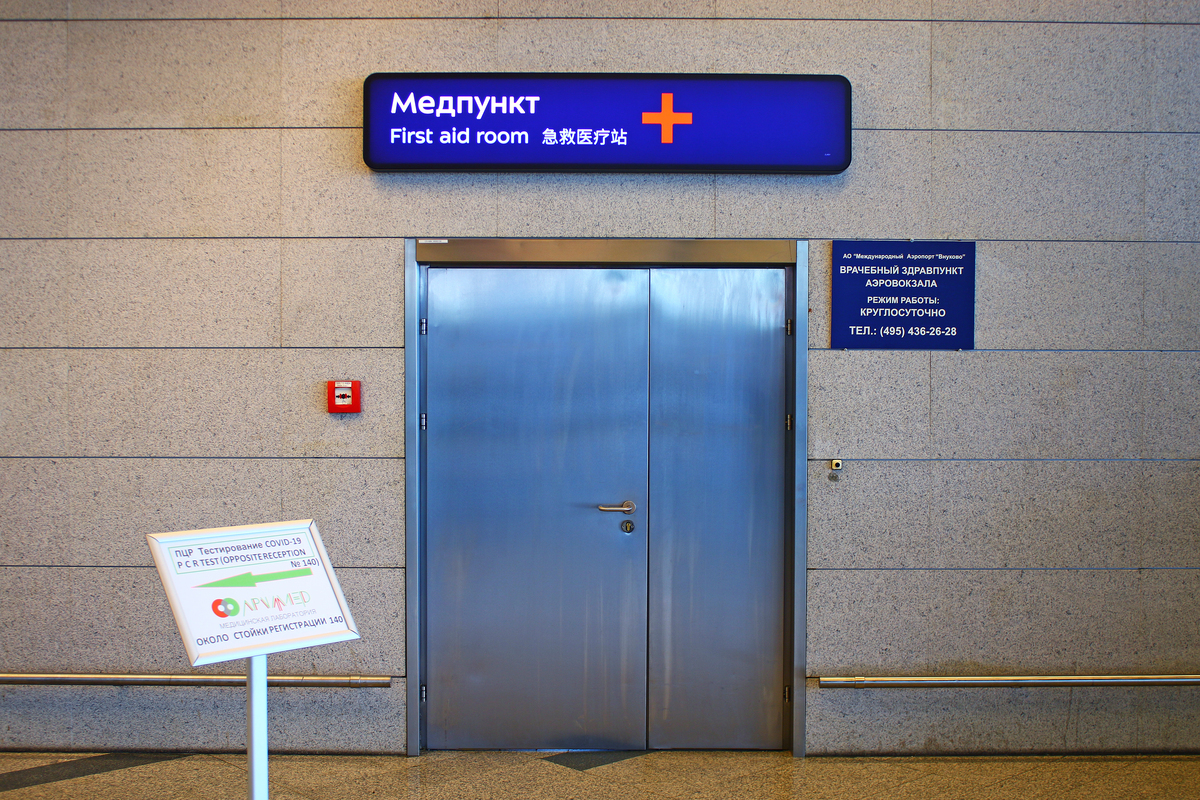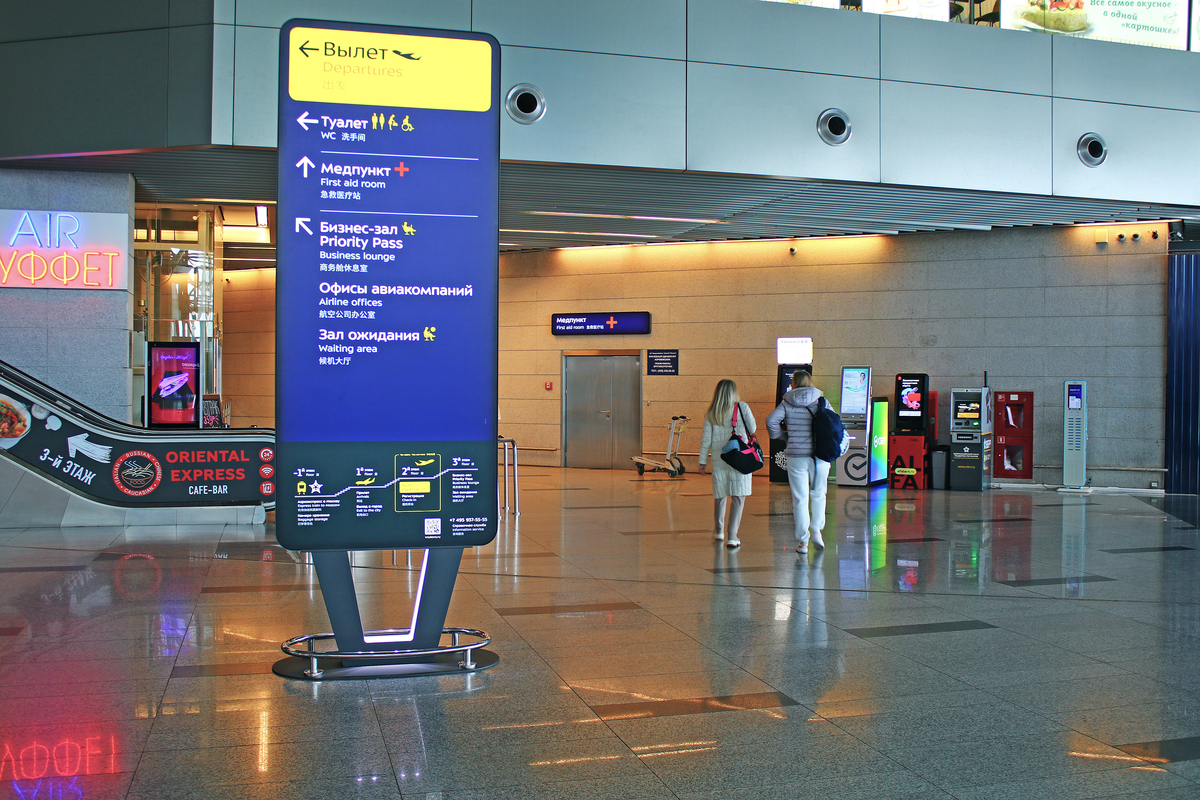The medical center at Vnukovo International Airport JSC is a multidisciplinary medical institution used for both treatment and preventive measures equipped with modern facilities for the provision of all types of specialized medical care.
MSH units:
1. MSH health center inside the airport complex (terminal A, 2nd floor, departure area, right wing). First aid to passengers and airport staff.
2. The Department of Medical and Preventive Measures (2nd Flight 6 K.1). Conducting periodic medical examinations, providing medical care in outpatient conditions.
3. The Department of Medical Flight Examination (B. Vnukovskaya, 25, p.1). Medical flight expert commission. Responsible for conducting medical flight examinations and issuing diagnoses on the state of health of aviation specialists.
Restrictions and contraindications to flights
Air travel comes with many overbearing stress factors as well as drastic changes in pressure, it is strongly not recommended to fly unless absolutely necessary for the following:
- Newborns (up to 7 days);
- Pregnant women in the late stages of pregnancy;
- People who have recently suffered a heart attack or stroke;
- People suffering from heart disease with frequent pain attacks;
- People who have recently undergone surgery;
- People with increased intracranial pressure;
- People suffering from mental illness relating to panic attacks;
- People suffering from decompression sickness or sickle cell anemia.
People with the following diseases are prohibited from flying:
- Febrile and acute infectious diseases;
- Tetanus;
- Poliomyelitis (bulbar form with respiratory disorders);
- Lung diseases with asthmatic and obstructive respiratory disorders (bronchial asthma, COPD in the acute stage);
- Acute abdomen (appendicitis, cholecystitis, pancreatitis, peritonitis, bleeding, hernia infringement, abdominal injuries);
- Gas gangrene;
- Shock states;
- Acute TBI and spinal injuries during the entire period of clinical symptoms;
- Precomatous, comatose;
- Acute sepsis;
- Uremia;
- Acute coronary syndrome (acute myocardial infarction, angina pectoris);
- Hypertensive crisis;
- Acute cardiac arrhythmia;
- Cardiovascular diseases in the decompensation stage (stage 3);
- Condition following a heart attack and/or stroke within the past 5-6 months;
- Acute leukemia and Werlhof’s disease;
- Meningitis;
- Labyrinthitis and Meniere’s symptom complex in the acute stage;
- Tumors of the posterior cranial fossa;
- Active pulmonary tuberculosis with pronounced pulmonary-heart failure;
- Primary artificial and spontaneous pneumothorax;
- Glaucoma from the stage of sub-compensation and decompensation, retinal detachment;
- Eclampsia;
- Mental patients who are dangerous to themselves and others;
- Oncological patients in advanced stages with phenomena of impaired (deep) blood circulation and respiration (effusive pleurisy with displacement of mediastinal organs).
• Transportation of patients with these diseases are allowed on scheduled passenger aircrafts of the GA as an exception for vital indications but MUST be accompanied by specialized medical teams;
• Organizations and individuals preparing a patient for flight must provide them with accompanying medical personnel and medicines.

